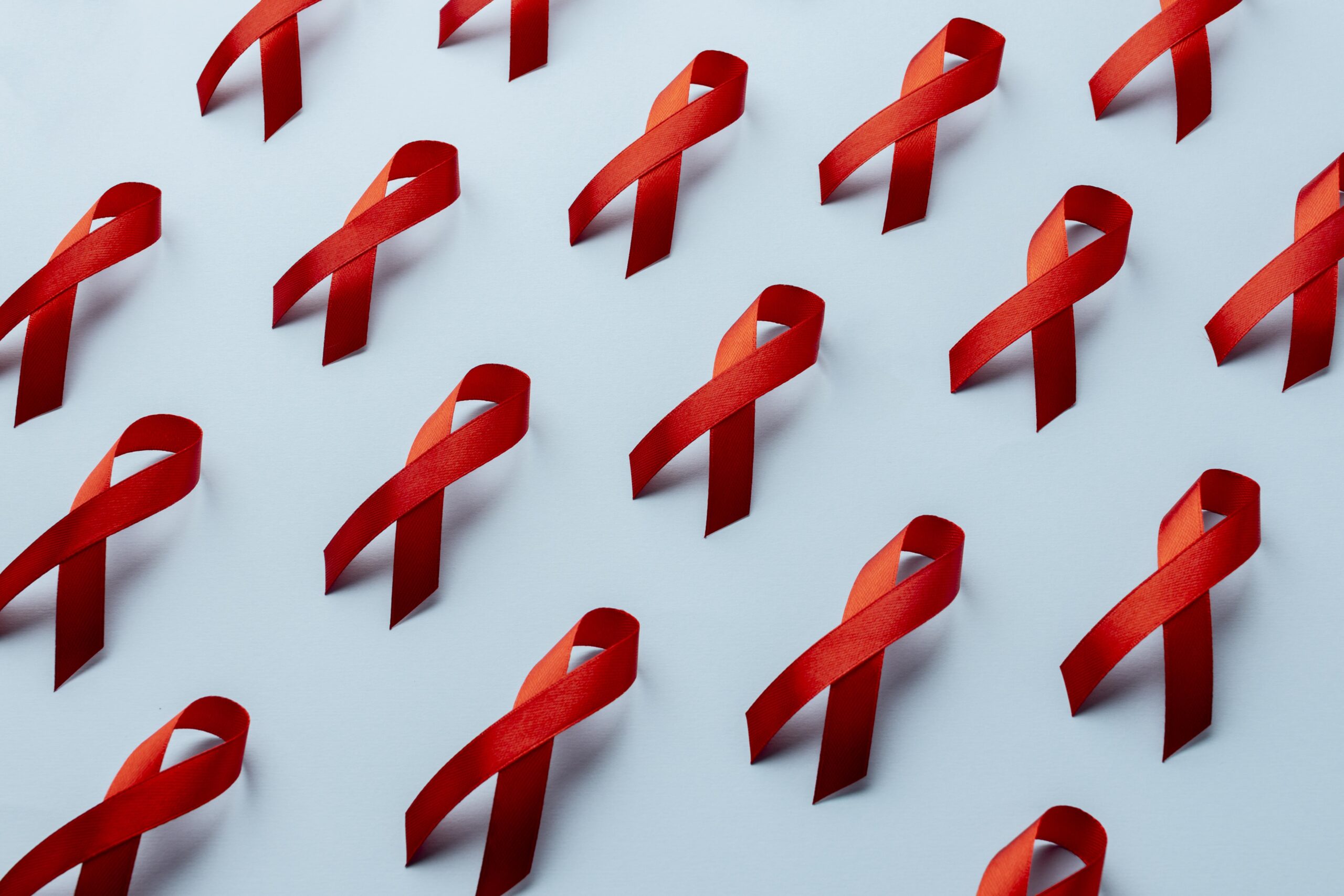HIV-Related Challenges & Latest Developments in Disease Management

Despite significant progress in the management of HIV, several challenges continue to impede global efforts to control the epidemic. With over 37 million people living with HIV worldwide, understanding these challenges and the latest strategies to address them is essential for healthcare professionals.
*Challenges in HIV Management*
1. *Stigma and Discrimination*: Stigmatization of individuals living with HIV remains a critical issue, hindering access to testing and treatment. Misconceptions surrounding HIV can lead to discrimination in healthcare and social settings, discouraging individuals from seeking necessary support.
2. *Access to Care*: In many low- and middle-income countries, access to antiretroviral therapy (ART) remains limited due to inadequate healthcare infrastructure, high drug costs, and shortages of healthcare providers. Geographic barriers, particularly in rural areas, can significantly affect treatment adherence.
3. *Adherence to Treatment*: Although ART has proven effective in managing HIV, adherence to medication regimens can be challenging due to pill burden, side effects, and co-existing mental health issues. Non-adherence can lead to viral resistance and treatment failure.
4. *Emerging Variants*: The emergence of drug-resistant HIV strains poses significant risks, necessitating ongoing surveillance and adaptation of treatment protocols. These resistant strains complicate treatment regimens and highlight the need for innovative therapeutic approaches.
5. *Co-infections and Comorbidities*: Individuals living with HIV often face higher risks of co-infections (such as tuberculosis and hepatitis) and non-communicable diseases (like cardiovascular disorders). Comprehensive care approaches are necessary to address these intertwined health issues.
*Latest Developments in HIV Disease Management*
1. *Long-Acting Injectables*: Recent innovations include long-acting injectable formulations of ART, which offer a promising alternative to daily pills. Medications can be administered monthly or bi-monthly, improving adherence and offering patients a more convenient treatment option.
2. *Prevention Strategies*: Enhanced pre-exposure prophylaxis (PrEP) programs have shown efficacy in reducing new infections. New formulations, including injectable PrEP, aim to broaden access and improve adherence among high-risk populations.
3. *Advancements in Vaccination*: While a successful preventative vaccine remains elusive, research is ongoing, with several candidates in clinical trials. Recent studies focusing on mRNA vaccine technology have shown promise in eliciting robust immune responses.
4. *Therapeutic Vaccines and Remission Strategies*: Therapeutic vaccines aimed at enhancing the immune response in HIV-positive individuals are being researched. Additionally, strategies that promote long-term viral remission, potentially leading to a functional cure, are under investigation, such as gene editing technologies like CRISPR.
5. *Integrated Care Models*: Implementing integrated care models that address both HIV and comorbid conditions is gaining traction. These models aim to provide holistic treatment approaches, reducing the burden on patients and improving health outcomes.
In conclusion, while significant challenges persist in the fight against HIV, recent developments and innovations in treatment and prevention are paving the way for improved management of the disease. Continued efforts in research, education, and policy reform are essential to overcoming these obstacles and ultimately achieving better health outcomes for individuals living with HIV.
(Note: This article provides a brief overview of the subject and does not substitute medical advice. If you require more information about HIV, please consult with a healthcare professional.)



